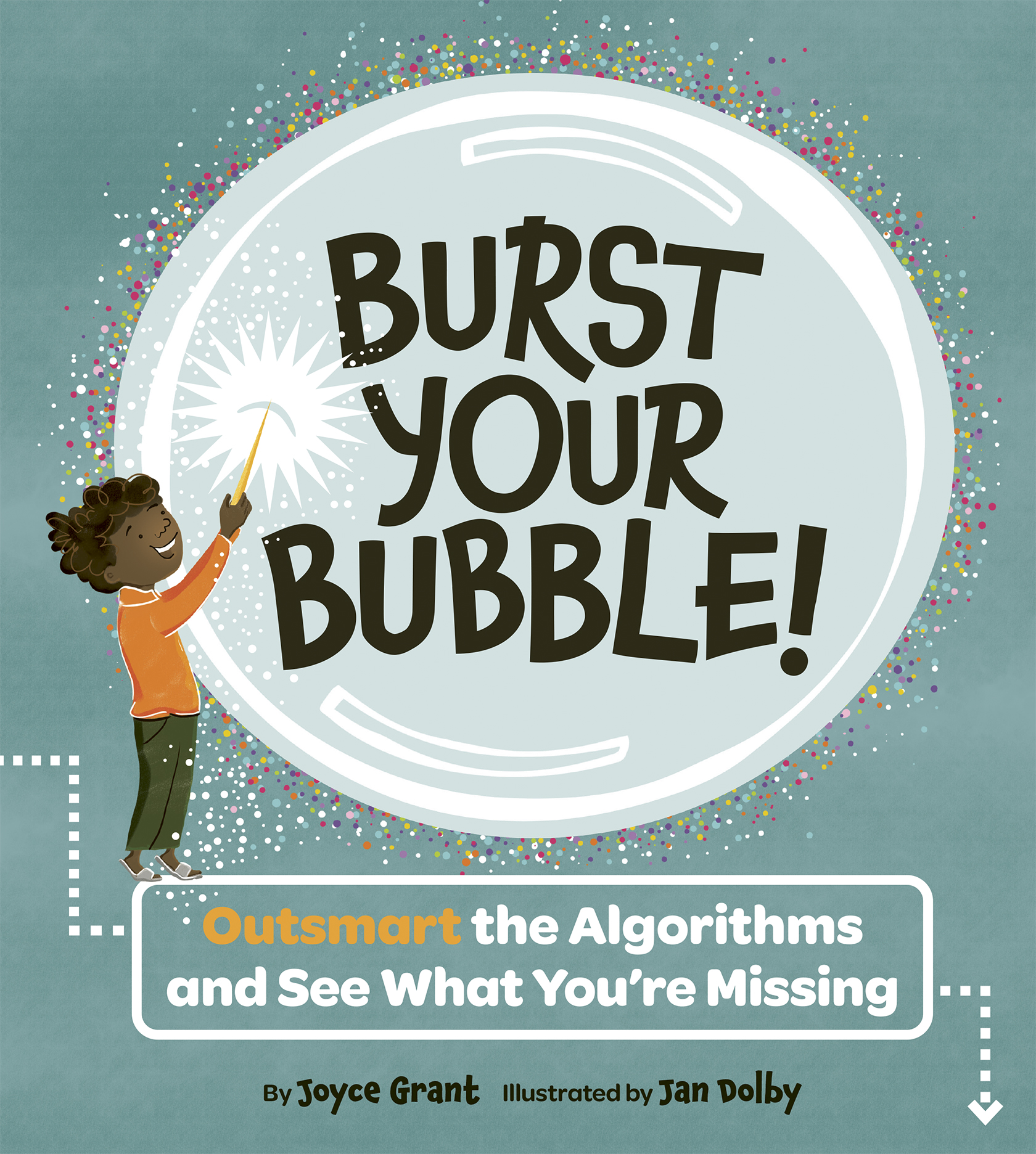Scientists have identified a new organ in the human body. It’s called the mesentery (pronounced mess’-en-tair-ee). An organ is a group of tissues that has a specific function in the body. Our bodies have 79 organs, including the heart, lungs, brain, skin and stomach. The mesentery is made of fatty tissue and is shaped a bit like a fan. It is attached to the back wall of the abdomen and it helps to support the intestines and hold them in place.
Author: Monique Conrod
Cassini Spacecraft Begins Last Stage Of 20-Year Mission
In October 1997, a spacecraft called the Cassini orbiter was launched on a mission to explore Saturn and its moons.
Now, after nearly 20 years in space, Cassini’s mission is coming to an end. Cassini is running out of fuel. Scientists expect it to burn up in Saturn’s atmosphere in September.
But before that happens, the spacecraft will make a series of dives between Saturn and its rings, sending photographs and other information back to Earth.
Researchers Pay People To Stay In Bed
Getting paid to stay in bed all day sounds pretty good. But what if someone offered you $23,000 to stay in bed for two months? That’s the deal that a medical research team in Toulouse, France, is offering to 24 volunteers.
Researchers at MEDES, the Institute of Space Medicine and Physiology, are looking for volunteers to help them study the effects of weightlessness on the human body by spending 60 days lying down. Lying in bed isn’t exactly the same as being weightless, but the effects on the human body are similar.
High School Journalists Uncover Info About Principal
When a group of high school students set out to write a profile of their new principal for the school newspaper, they didn’t expect the principal would end up losing her job as a result.
On March 6, the school board in Pittsburg, Kansas in the United States, announced that it had hired Amy Robertson as the new principal for Pittsburg High School. Robertson was going to start her new job in July.
A Different View Of The World
Students at public schools in Boston, Massachusetts, will soon be looking at the world in a new way. Social studies teachers there will be using a new type of map that shows the world’s continents in slightly different sizes and positions than we usually see them.
Scientists Working To Save Arctic Ice Cap
A team of scientists has come up with a plan they say could help rebuild the Arctic ice cap. The ice cap is a huge area of sea ice that covers most of the Arctic Ocean all year round.
Usually, the sea ice gets thicker and spreads further each winter, but this hasn’t happened for the past few years.
Last month, the ice cap had shrunk to its smallest size since scientists began keeping records of it 38 years ago. The weather in the Arctic has been unusually warm this winter. Some days, temperatures have been 20 degrees Celsius higher than is normal for this time of year. This month, the temperature was above 0°C at least one day.
NASA Discovery: 7 Earth-Sized Planets
Scientists from NASA announced on February 22 that they have discovered seven planets orbiting a nearby star. The planets are all about the same size as Earth, and three of them are in what scientists call the “habitable zone.”
(The habitable zone is the area of space around a star where a planet is most likely to have liquid water on its surface. Scientists believe water is necessary for anything to live on a planet.)
Millions Around The World Join Women’s Marches
Millions of people around the world joined protest marches on January 21 to show their support for women’s rights and other causes.
The marches were inspired by the Women’s March, which was held in Washington, D.C., the day after Donald Trump officially became President of the United States. The Women’s March was organized to protest Trump’s policies. Many people believe his policies are a threat to basic rights and freedoms for women and for people of minority religions and races.
Canada’s New National Bird?
Will the gray jay be Canada’s new national bird?
The Royal Canadian Geographical Society (RCGS) thinks the gray jay should be named the national bird of Canada. It is hoping the federal government will make it official in time for the country’s 150th birthday in 2017.
Astronauts Will Turn Trash Into Tools
Astronauts on the International Space Station (ISS) may soon be able to turn their used forks and knives into tools and satellite parts.
Tethers Unlimited Inc., an aerospace technology company, has developed a system that combines a waste recycling machine with a 3D printer.
Astronauts will put waste items made of plastic into the recycling machine, called the Positrusion Recycler. When they press a button, the Recycler will sterilize and melt down the plastic and turn it into 3D filament.









